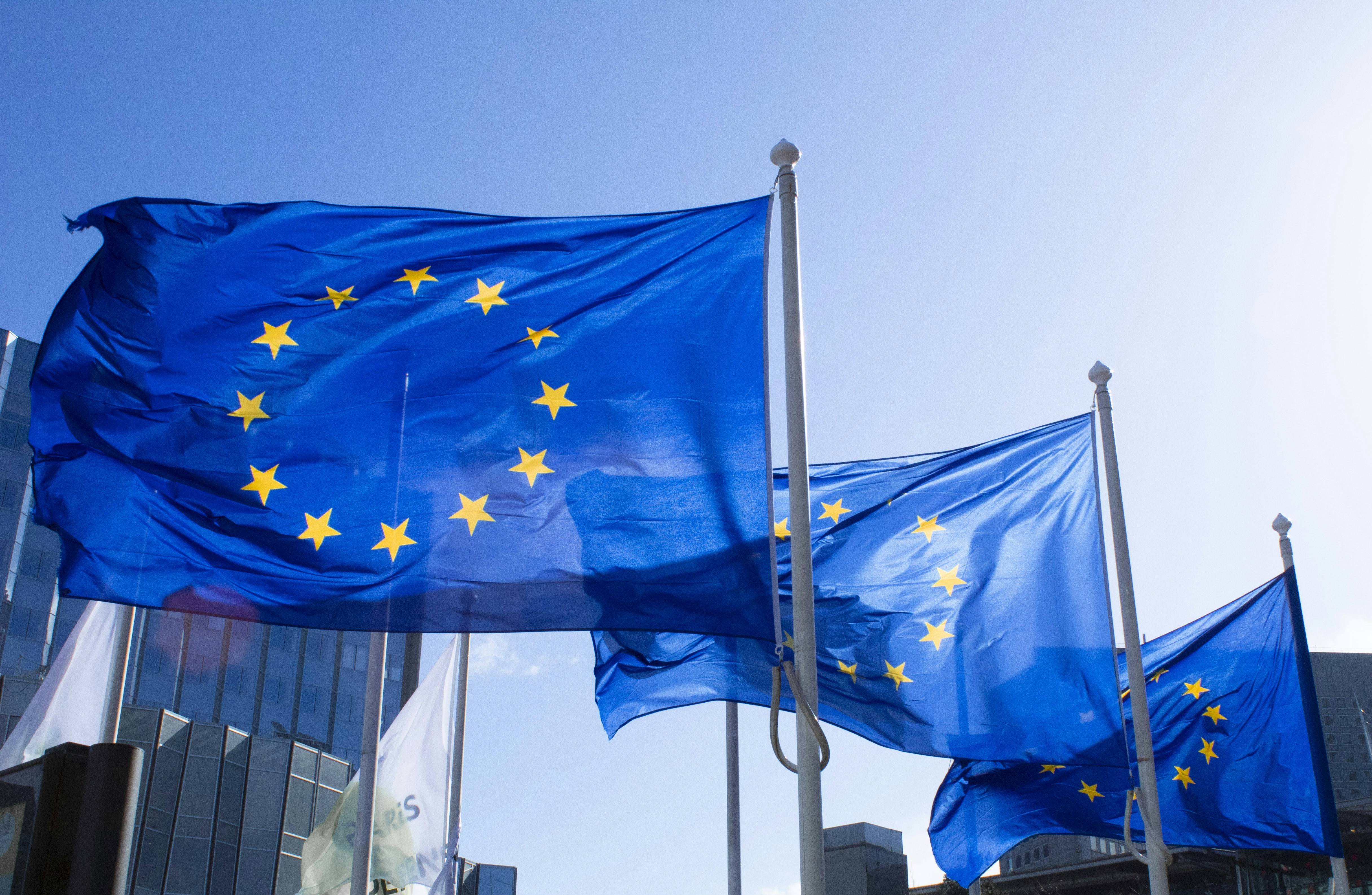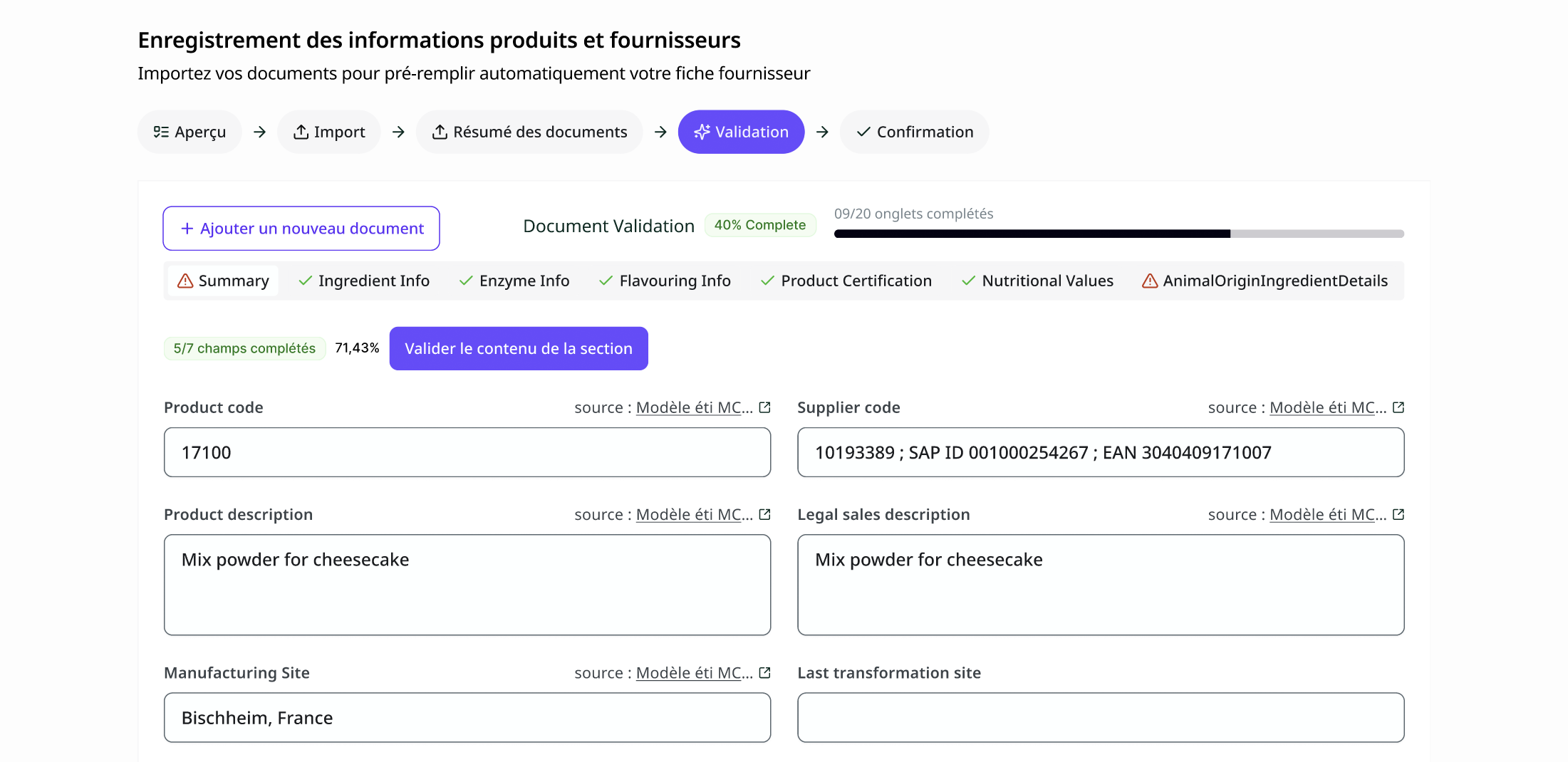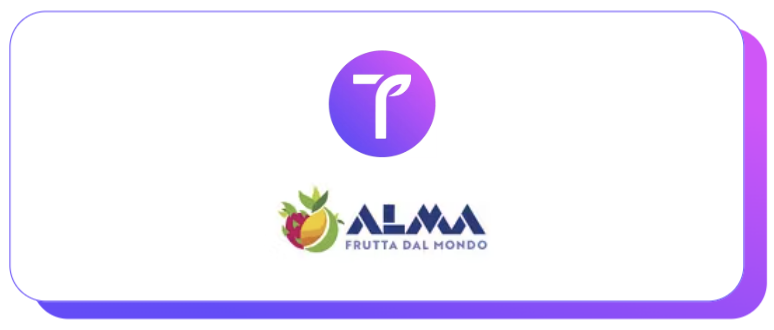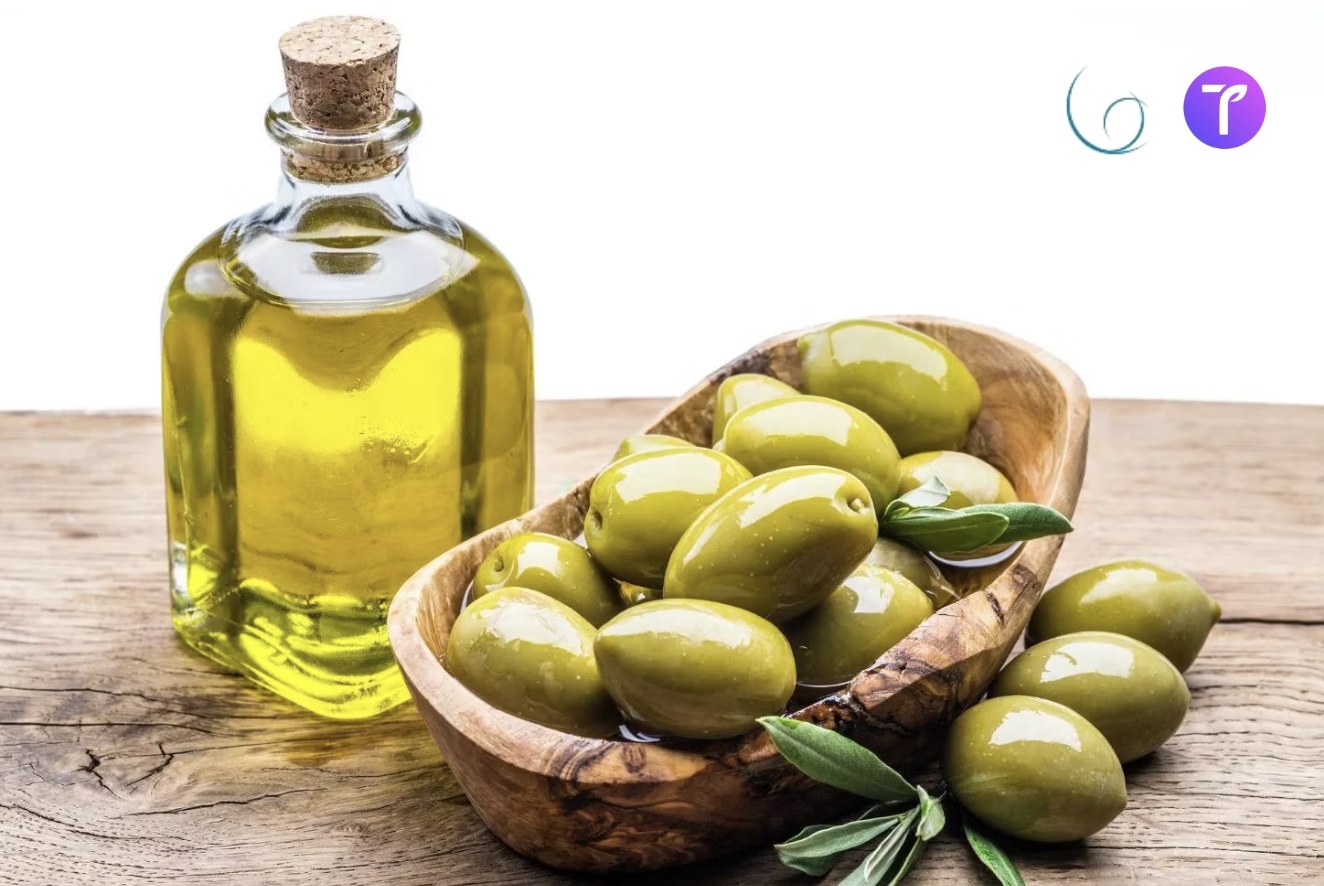The 4 key steps to pass your IFS Broker certification
In an increasingly competitive and regulated food market, companies are constantly seeking to strengthen their positioning and guarantee the quality of their products. It is with this in mind that more and more SMEs and ETIs in the agri-food sector decide every year to take a crucial step by embarking on the IFS Broker certification process.
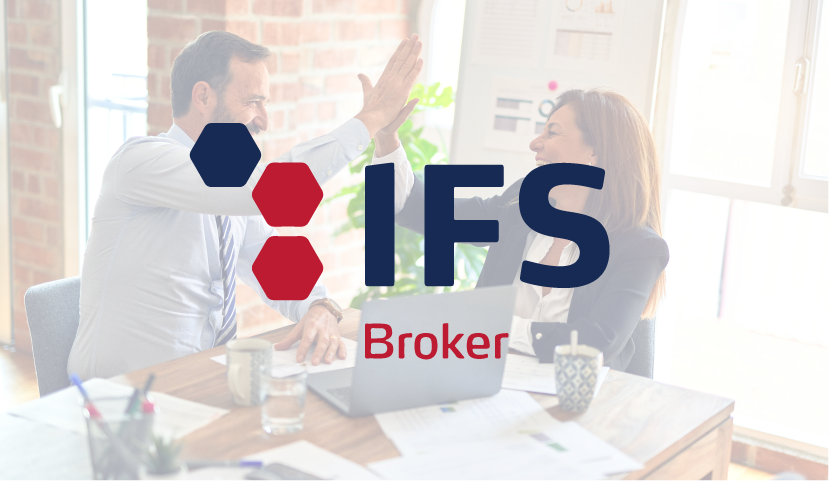
What is IFS Broker certification?
The IFS Broker (International Featured Standard) is an internationally recognized food safety standard, aimed at ensuring the safety and quality of food throughout the supply chain. This certification is particularly important for companies that act as intermediaries between producers and distributors.
This certification has two key advantages:
- It allows a company to adopt a quality and continuous improvement approach
- It allows access to the most demanding markets: major manufacturers, supermarkets, catering - which increasingly require their suppliers to be IFS or GFSI certified, more generally.
The 4 steps to get IFS Broker certification
The process to obtain IFS Broker certification involves 4 crucial steps.
- First of all, the company must conduct a thorough internal audit to assess its processes and identify possible non-conformities with the requirements of the IFS Broker standard.
- Then, it will have to put in place corrective measures to remedy these non-conformities and ensure that its practices comply with the requirements of the standard. IFS Broker best practices include equipping itself with digital solutions to ensure compliance with the standard and maximize the productivity of Quality teams. Platforms like Tracklab (www.tracklab.co) make it possible to automatically monitor and maintain the documentation of all suppliers, and to continuously comply with the IFS standard.
- Once these preparations are complete, the company will have to call on an accredited certification body to carry out an external audit. This audit will cover all of the company's activities related to food safety, from the reception of products to their shipment.
- If the company successfully passes this external audit and all the requirements of the standard are met, it will be awarded the IFS Broker certification.
How much does IFS Broker certification cost?
Obtaining and maintaining IFS Broker certification represents a significant financial investment for a French company. In fact, the total cost of certification includes several components:
- Audit costs, which depend on the size and complexity of the business and the number of sites involved.
- Compliance costs, such as staff training, equipment purchases, and the establishment of document management systems.
- The annual certification fees, which cover follow-up audits and certificate maintenance.
According to our estimates, the total cost of obtaining IFS Broker certification for a company could be several tens of thousands of euros. In addition, recurring expenses should be planned to maintain certification over time.
Despite these financial investments, IFS Broker certification offers a company numerous advantages, including better management of food risks, improved reputation and credibility with customers and business partners, and easier access to international markets.
In conclusion, a company's decision to be IFS Broker certified is a testament to its commitment to excellence and food safety. This rigorous process, although expensive, constitutes a strategic investment in the sustainability and competitiveness of its activity on the global agri-food market.
Simplify your management
Free your teams from reminders and spreadsheets. Track your compliance in real time, at scale.



